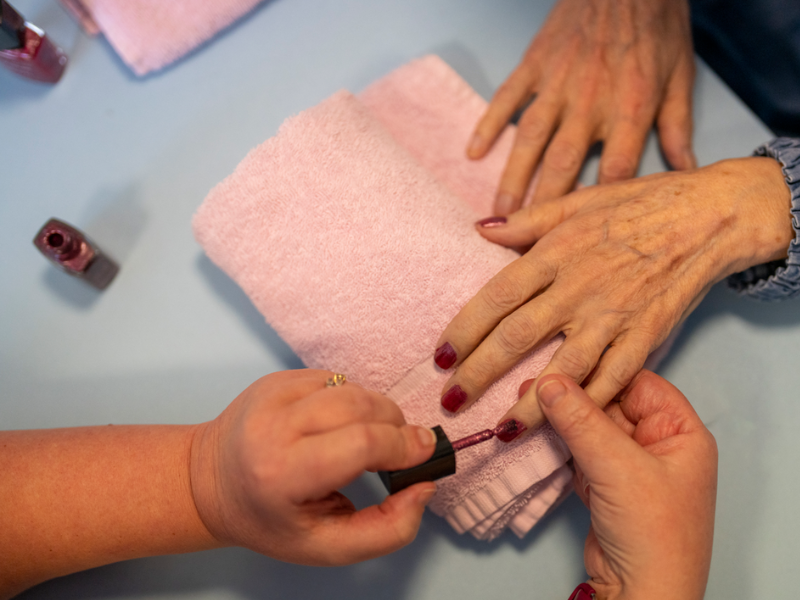Care Home Versus Nursing Home

Starting the journey into care can feel overwhelming. This is true whether you are looking for yourself or for a loved one.
We are here to help you take the first step. We want you to feel informed about what type of home is best for you. We will help you understand the key differences between a care home and a nursing home.
Both options provide a supportive environment for residents to thrive. However, you may find one fits you better depending on your individual needs. Let's begin by breaking down what each option specialises in.
What is Residential Care? A Guide to Choosing the Right Care For You
A care home, also known as residential care, supports residents who need a bit of extra help with daily tasks. While living in a care home, you can expect to live independently - safe in the knowledge that support is available should you need it.
Residential care homes are ideal if you or your loved one:
• Needs help with tasks like cooking, cleaning, or laundry.
• Could use assistance with personal care tasks, such as bathing or dressing.
• Would enjoy living in a social environment with a variety of activities.
Our residential care homes are staffed by highly-trained professionals who understand that needs can change and evolve. They actively work with district nurses - who support our homes - to manage any changes in care requirements, including assistance with palliative or end-of-life care. Our staff excel in providing compassionate, person-centred care that supports independence and choice, putting the individual at the centre of the care. This proactive approach ensures a seamless transition of care, if ever needed, so residents can continue to thrive in a familiar and supportive environment.
What is Nursing Care?
Nursing care is for those with complex medical needs that require professional, around-the-clock support. This is a higher level of care than standard residential care and is best suited for those who:
• Require ongoing medical treatment.
• Are living with a chronic illness or need specialist support for conditions such as dementia.
• Are in need of assistance with tasks like changing dressings or managing catheters.
• Have recently been discharged from hospital and require additional support whilst in recovery.
In a nursing home, a registered nurse is always on shift, ensuring that residents receive a high level of clinical care at any time of day or night. This guarantees complex medical needs and ongoing health conditions are handled with expertise and compassion in a timely manner.
Making the Right Choice
To help you make an informed decision, we have listed the main differences between residential and nursing care below. This a great way to see what each option focuses on and to help you decide which is a better fit for you or your loved one.
Residential care : Supports daily living, with access to highly trained and experienced staff.
Nursing Care : Supports complex medical needs, with registered nurses available 24/7. This care type is generally higher cost due to the added benefit of round the clock specialist care.
The Next Step: See for Yourself
Choosing a care home is a deeply personal decision. It’s not just about the level of care, but also finding a place that feels warm and welcoming. That's why we encourage you to come and experience our selection of Scottish care homes for yourself.
We're here to answer any questions you may have and help you navigate this process with confidence. Schedule a visit today and see firsthand how our caring team and facilities can offer the comfort and care your family needs.





